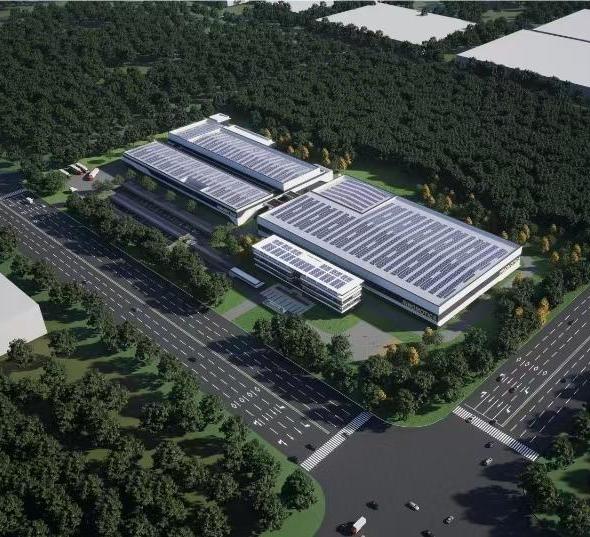
Prefabricated Office Buildings: Fast, Durable, and Customizable Workspace Solutions
Modern businesses require office spaces that are flexible, functional, and cost-effective. Traditional construction methods often involve long lead times, high costs, and limited adaptability for future growth.
Prefabricated office buildings provide a solution that meets the dynamic needs of modern enterprises. Built using steel frames, modular panels, and customizable layouts, these offices are quick to assemble, durable, and scalable. They offer professional workspaces suitable for startups, corporates, and industrial offices.
This article explores the advantages, applications, and design considerations for B2B clients looking to invest in prefabricated office buildings.
Why Prefabricated Office Buildings Are Ideal
Prefabricated office buildings combine efficiency, durability, and adaptability:
- Rapid Construction: Prefabricated components significantly reduce construction time.
- Durable Materials: Steel frames and insulated panels resist corrosion, fire, and wear.
- Customizable Layouts: Modular design allows offices to be tailored to specific business needs.
- Scalable Solutions: Easily expand or reconfigure as the company grows.
These features make prefabricated offices an attractive choice for businesses seeking flexible and cost-effective workspace solutions.
Key Advantages of Prefabricated Office Buildings
- Quick Installation
Prefabricated modules can be assembled on-site within weeks, allowing businesses to occupy the space sooner. - Durability and Safety
Steel construction provides structural integrity, fire resistance, and long-lasting performance. - Flexible Layouts
Offices can include open-plan areas, private rooms, meeting spaces, and reception areas, all customizable to business requirements. - Cost-Effective
Reduced labor and material costs make prefabricated offices a financially efficient option. - Energy Efficiency
Insulated panels, natural lighting, and HVAC integration reduce energy consumption. - Sustainable Construction
Prefabricated offices generate less on-site waste and utilize recyclable materials, minimizing environmental impact.
Applications Across Businesses
Prefabricated office buildings are versatile and suitable for:
- Corporate Offices: Rapidly deployable, fully functional workspaces.
- Industrial and Factory Offices: On-site administrative spaces integrated with manufacturing facilities.
- Project Sites: Temporary or semi-permanent offices for construction, mining, or infrastructure projects.
- Remote Locations: Quickly assembled offices in remote or hard-to-access areas.
- Expansion Needs: Cost-effective solution for growing businesses requiring additional office space.
Design Considerations for B2B Clients
When planning prefabricated office buildings, investors should focus on:
- Layout and Space Planning: Optimize workflow, collaboration, and employee comfort.
- Insulation and Climate Control: Maintain comfortable temperatures year-round.
- Connectivity and Wiring: Ensure integration for IT systems, internet, and security.
- Accessibility and Safety: Compliance with local building codes and accessibility standards.
- Expansion Potential: Modular design allows for adding new units or reconfiguring layouts.
Case Studies
- Corporate Expansion (USA):
A prefabricated office building of 2,000 m² was completed in six weeks, providing fully equipped workspace for 150 employees. - Construction Project Offices (Australia):
Prefabricated offices provided temporary administrative facilities at multiple remote sites with rapid deployment and minimal disruption. - Industrial Facility (Germany):
Modular offices integrated with factory operations improved workflow and reduced overhead costs.
Why B2B Clients Prefer Prefabricated Office Buildings
For businesses, investors, and project managers, prefabricated office buildings offer:
- Faster construction and early occupancy
- Durable and low-maintenance infrastructure
- Flexible layouts adaptable to changing business needs
- Scalable expansion options
- Energy-efficient and sustainable design
- Compliance with local and international building standards
These advantages make prefabricated offices a strategic choice for modern enterprises seeking efficiency, durability, and flexibility.
Conclusion
Prefabricated office buildings provide fast, durable, and customizable workspaces for businesses of all sizes. They streamline construction, reduce costs, and offer long-term scalability for growing operations.
For B2B clients, prefabricated offices represent a smart investment that delivers professional, efficient, and sustainable work environments.
